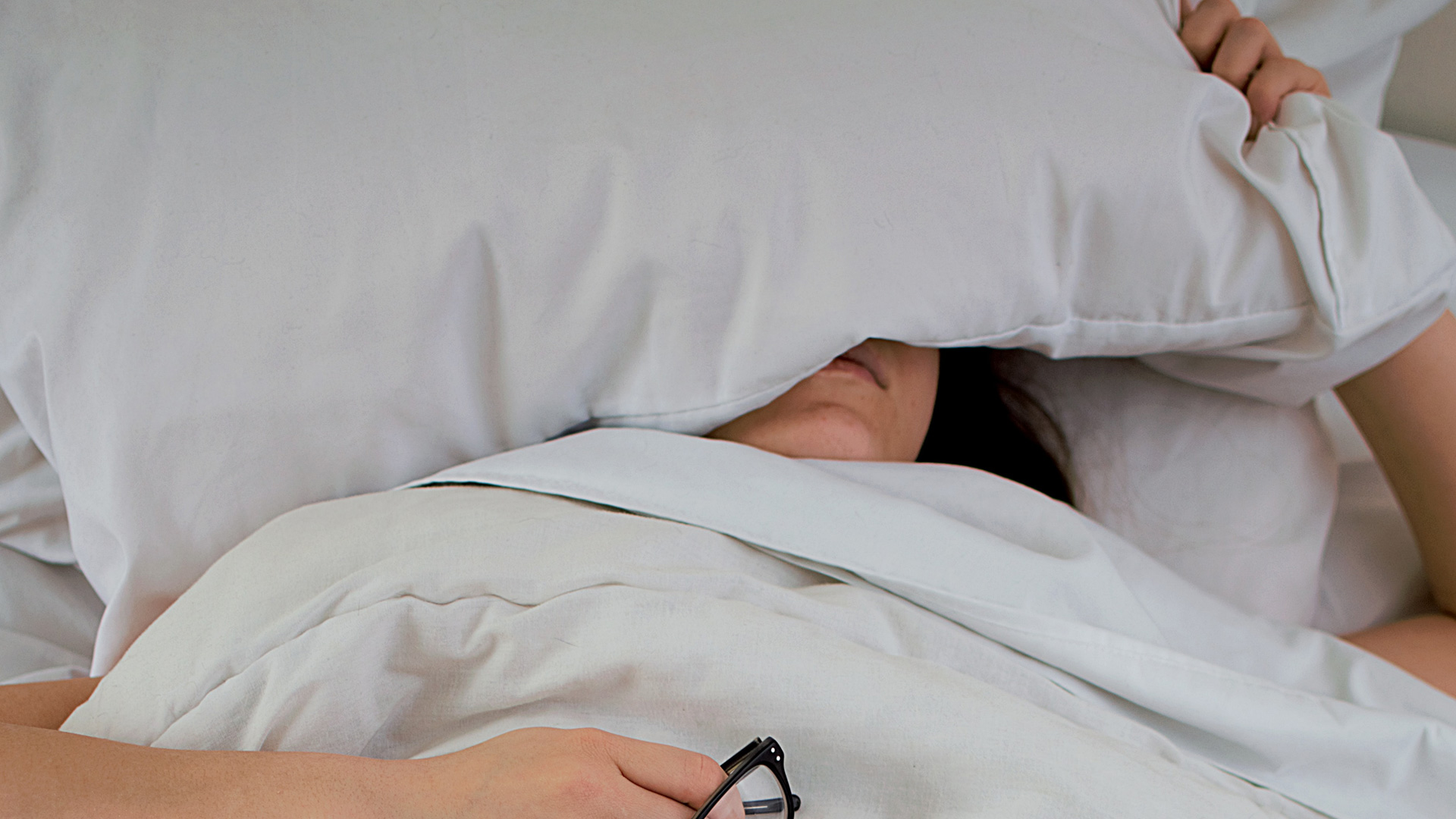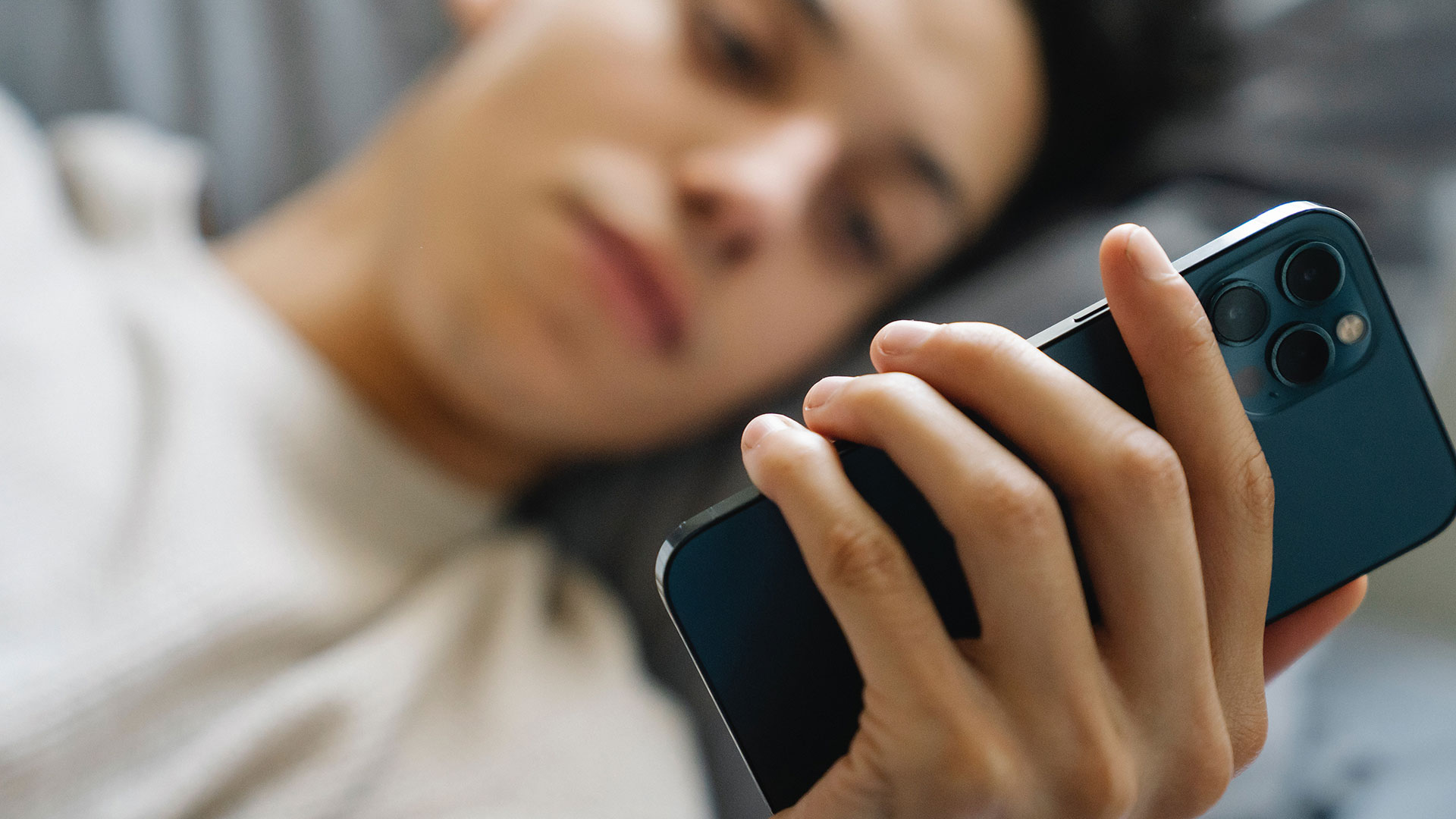Why do teenagers sleep late?
Is it laziness or is it science? We take a look at why teens are more likely to go to bed late and refuse to get up in the mornings


Get all the latest news, reviews, deals and buying guides on gorgeous tech, home and active products from the T3 experts
You are now subscribed
Your newsletter sign-up was successful
There's actually a biological reason why teenagers sleep late. For a long time, we've had evidence that teens are biologically predisposed to go to bed later and rise later. That's not to say that this issue isn't exacerbated by bad habits – teens aren't known for their good sleep hygiene (although really, who is?) – but science isn't on their side either.
Let's look at the scientific reasons why teenagers sleep late first. During puberty, there is a change in your circadian rhythm (when you naturally want to sleep and wake), shifting back by a couple of hours. In fact, a 2004 study from the University of Munich found that human chronotypes (internal clock) are typically early (i.e. waking early, going to bed early) in childhood, and then gradually get later and later until the age of 20. At this point, there's an abrupt change and they start getting earlier again.
Researchers argued that based on those results, 20 could be considered "the first biological marker of the end of adolescence". There was also a gender split recorded, with males participants being on average, later chronotypes for most of their adulthood, but reaching the peak of their lateness at an older age than the females (19 and a half, compared to 21 for females). That difference disappeared around the age of 50.
There are potential issues to consider, though. The paper acknowledges that "Our data also cannot formally rule out behavioural and environmental factors influencing the age- and sex-dependent differences in chronotype; i.e. do teenagers sleep late because they go to the disco or do they go to the disco because they cannot sleep until late?"

Other sources point out that there are multiple other factors, tied to typical teenage lifestyle patterns, that could also play a role in the tendency to stay up late, and sleep late to make up for it – for example, high levels of screen use and social events in the evenings. What is cause and what is effect isn't clear-cut.
Either way, the repercussions aren't great for teens, who often end up sleep deprived due to having to get up early even after they've had a late night. In 2013, research by Russell Foster at the University of Oxford, using blind mice, found that the sleep schedules of mammals is dependent on sunlight alone. This means 'social time' (i.e. when we're expected to do things, based on social conventions) might not always line up with 'biological time' (when our bodies naturally want to sleep). As a result, many have argued that it would be beneficial for teens to start their school / college university day later, to coincide better with what their biological time schedule at that point in their lives.
Read more:
Get all the latest news, reviews, deals and buying guides on gorgeous tech, home and active products from the T3 experts

Ruth was T3's Outdoors and Wellness Editor from 2020 to 2022, covering hiking, camping and adventure sports kit, as well as mattresses, sleep accessories, yoga and general wellness. She's now a Homes Editor at sister site TechRadar, where she deals in all things air (vacuum cleaners, robovacs, fans and air purifiers), and hair (hair dryers, straighteners and stylers).